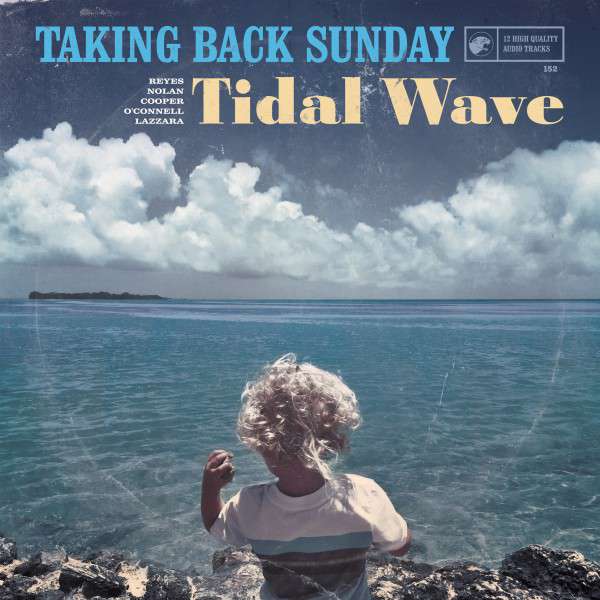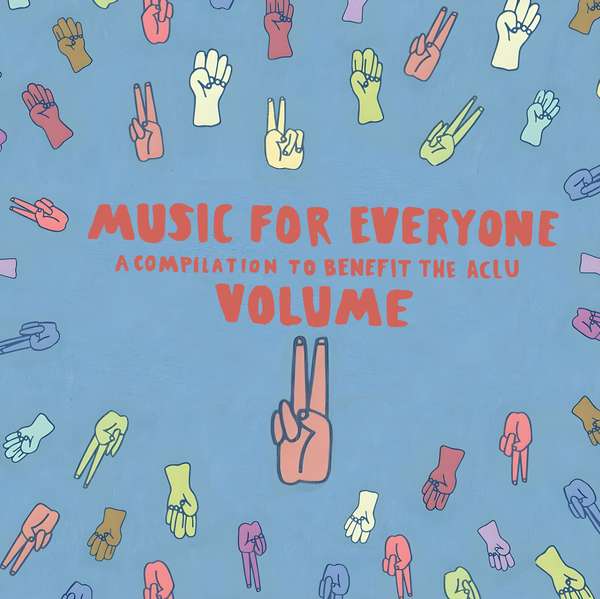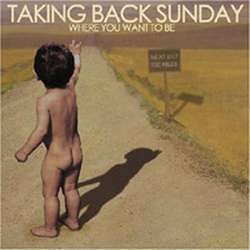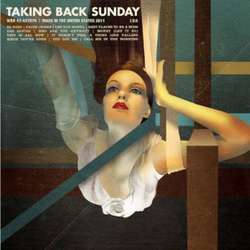Taking Back Sunday accidentally ended up being one of the bands that spearheaded the emo movement that bled into the mainstream in the early noughties, a label that the band aren't entirely comfortable with. More recently, frontman Adam Lazzara got into an argument with the organisers of an LA club night that catered to the nostalgic whims of former emo kids after they used a reworking of Taking Back Sunday's name for their event. Born out of Long Island's post hardcore scene, the band generally eschews the emo descriptions that are thrown their way, but this has never impacted on the band's furious momentum.
It's been 10 years since they released Louder Now, and unsurprisingly their sound was never going to stay the same. The band's 2011 eponymous album saw them revert back to their original line-up and deliver a pummelling, unwavering effort that easily appealed to new and old fans alike, but Tidal Wave is a seismic shift in the band's history.
The title track is an aggressive, rugged song drenched in an Americana-indebted swagger with heavy-handed guitar playing, as Lazzara warns with almost breathless urgency:
"You can beg, you can plead, you can cry, you can pray/But nothing’s gonna save you from the tidal wave."
Unlike the rest of their back catalogue, the band wrote portions of this album while recording in the studio, and as a result moments of staggering urgency grab you by the collar at nearly every turn.
The anger and fear mixed with poignant emotional sensibilities that popularised the band's early material hasn't disappeared, but they have shed some of the dramatics that no longer apply to their music - Tidal Wave is the unmistakable sound of a group of talented musicians who have a renewed confidence and have surpassed the point of being concerned about how their work is perceived. "All Excess" is a flurry of Mark O'Connell's crashing drums and Eddie Reyes' melodic guitar-playing that knits together the composite parts of the band like vodka and coke, while "I Felt It Too" is a soothing acoustic track where Lazzara is brimming with reassurance that's tempered by uncertainty.
The band aren't confined on this album, and any constraints that may have been placed on them at earlier points in their career have been lifted. Nowhere is this more apparent than on the catchy, arena-ready "Homecoming". The song went through various different permutations in the studio, and it's an unfailingly uplifting offering. On the track Lazzara inhabits the role of a navy officer leaving on a tour of duty, because he felt it would've seemed churlish for him to release a song purely about the difficulties of leaving family behind while being a touring musician. As Lazzara sings:
"If I live/If I don't get killed/I'm going back to Jacksonville"
there's a palpable sense of relief that culminates in chants of "I'm coming home." Tidal Wave might not be an album that passive TBS fans would expect, but it reaffirms the band's penchant for crafting relateable and affecting songs.





